If I had a slave owner in my family background I’d probably keep quiet about it. Richard Atkinson, in his remarkable first book, has gone to the other extreme. Not only did he seek out as much information as he could about the activities of his Georgian forebear, also called Richard Atkinson, but he’s made them the subject of this history.
Actually, he was as shocked by what he discovered as anyone. The quest started with a bundle of letters which he and his sister inherited from the wreck of a family fortune that had dwindled, by the 1970s, to a decrepit country house in Cumbria, where the brackets of orange fungus resembled botanical wallpaper, although it still contained a couple of stuffed crocodiles in the upstairs gallery. That house, Temple Sowerby, was sold, but eventually Atkinson got around to reading the correspondence. It contained a list of the names and monetary value of nearly 200 slaves on a Jamaican plantation in 1801.
What emerges is a three-dimensional portrait, not just of Richard Atkinson MP but his world — nefarious, buccaneering, amoral, but also containing a genuine love story. Atkinson was too clever and impatient to remain long in Westmorland and escaped to London, where we first see him working for Samuel Touchet, a merchant and MP for Shaftesbury. One of Touchet’s vessels, ironically named the Friendship, received letters of marque at the beginning of the Seven Years War, allowing it to attack enemy shipping. Touchet went one further and invaded Senegal, returning laden with booty. Don’t cheer this imperial blow against the French too enthusiastically: he was also involved in the triangular trade. Like others in this book, his fortunes went awry, and in 1763 he hanged himself from a bedpost. The 18th century wasn’t all elegance and refinement.
By then Atkinson had moved on to another merchant house, in which he became a partner. Mure, Son and Atkinson were up to their necks in slavery. They were also contractors who supplied ships and rations to the British troops in Canada during the American Revolution. This was a risky business, but it could be highly lucrative. If Atkinson is known today it is for the rum contract of the book’s title, for which he was hauled over the coals by Charles James Fox.
A huge quantity of rum was contracted for: 350,000 gallons. The government paid 5s 3d a gallon; Atkinson bought it (Jamaican, maximum strength) for 3s a gallon. Chicanery was suspected — perhaps rightly. Yet when one reads of all the possible hazards, from exorbitant insurance premiums to shipments seized by American privateers, leakages and the navy’s sudden decision that merchant ships should carry guns, meaning they had to be bought, I felt a degree of sympathy. James Gillray didn’t, and savagely caricatured the whole affair.
Some of Atkinson’s friends, such as George Fordyce, a member of the Royal Society, were scientists. But Fordyce’s uncle Alexander was a gambler. Having become inordinately rich through shady banking deals, he succeeded in marrying the lovely Lady Margaret Lindsay, daughter of the Earl of Balcarres; she was 17, he 40. It was Atkinson’s painful task to explain not long after the wedding that Fordyce was now bankrupt. He himself fell deeply in love with Margaret’s clever sister Lady Anne. She loved another and never married Atkinson or anyone else until she was in her forties. But Atkinson remained devoted, taking the £300 that represented her sole capital and turning a £3,475 profit within a couple of years. He also tried to leave her his fortune, but his affairs were too involved: it took 40 years to settle the will, by which time there was nothing left. Besides she was dead.
And the slaves? They became Atkinson’s property because Mure had neglected to tell him, on forming the partnership, that he had a large mortgage outstanding on two plantations, which Atkinson bought cheap. Lady Anne’s odious brother, the 6th Earl of Balcarres, makes a brief appearance as the governor of Jamaica: graft meant that it was worth £9,000 a year. By then Atkinson had died, probably leaving a family by a slave mistress. His nephew George was left running the show — and it was downhill from then on.
Family history can become an obsession and often a bore. But in this case it has produced gold. Love, adventure, skulduggery, moral outrage — what a story.
Got something to add? Join the discussion and comment below.
Get 10 issues for just $10
Subscribe to The Spectator Australia today for the next 10 magazine issues, plus full online access, for just $10.
You might disagree with half of it, but you’ll enjoy reading all of it. Try your first month for free, then just $2 a week for the remainder of your first year.

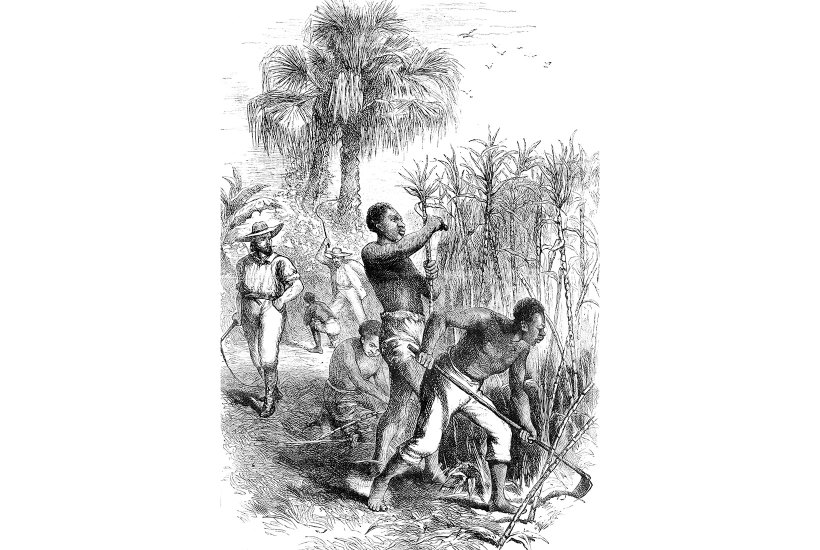
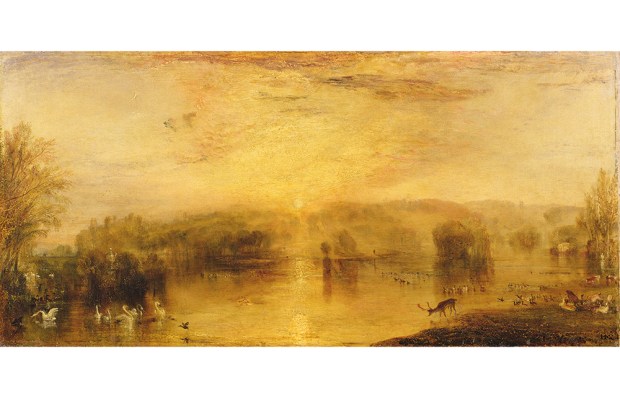
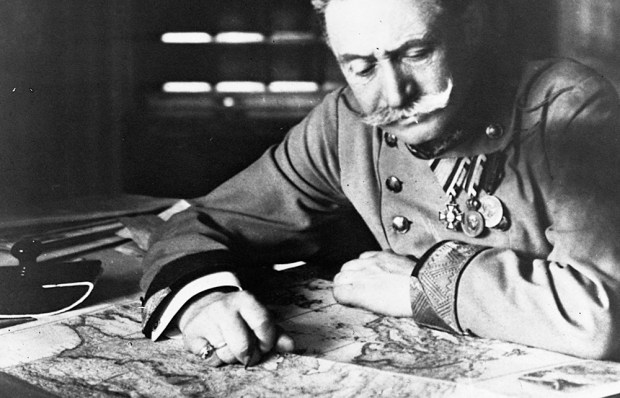

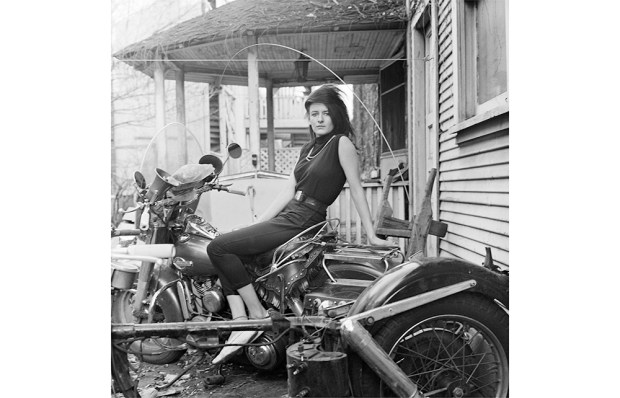
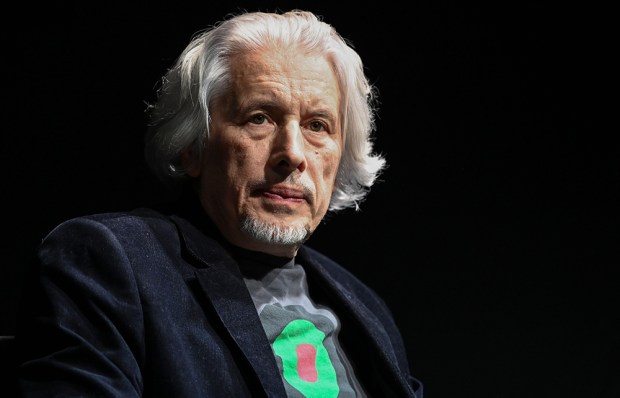
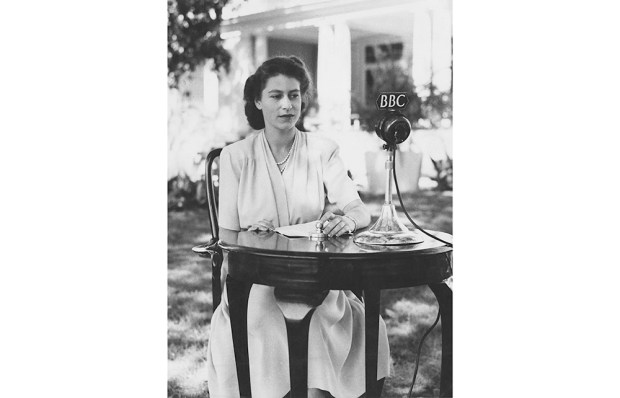






Comments
Don't miss out
Join the conversation with other Spectator Australia readers. Subscribe to leave a comment.
SUBSCRIBEAlready a subscriber? Log in